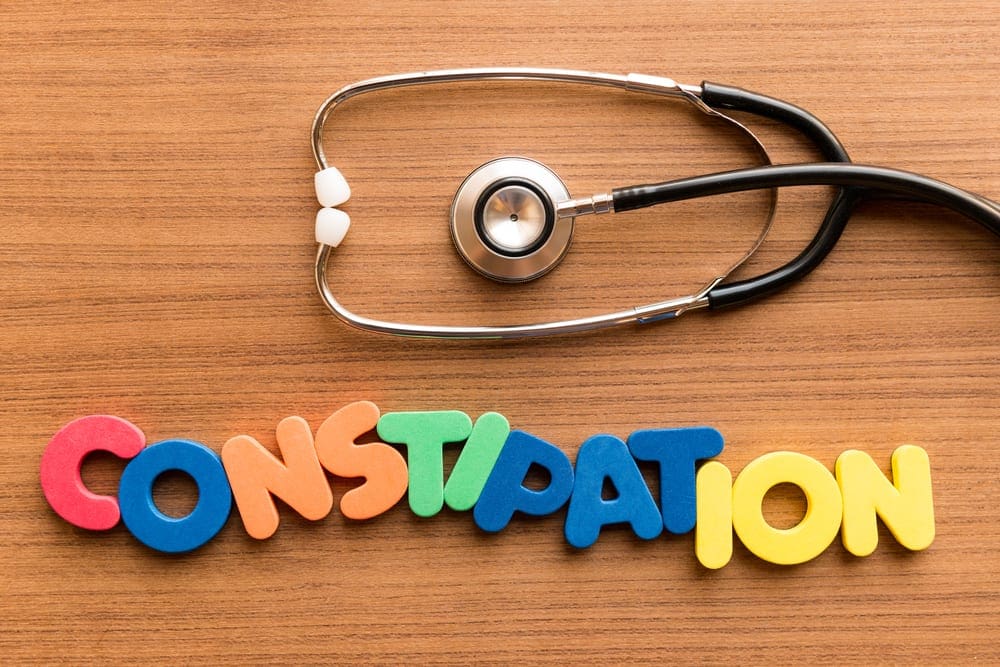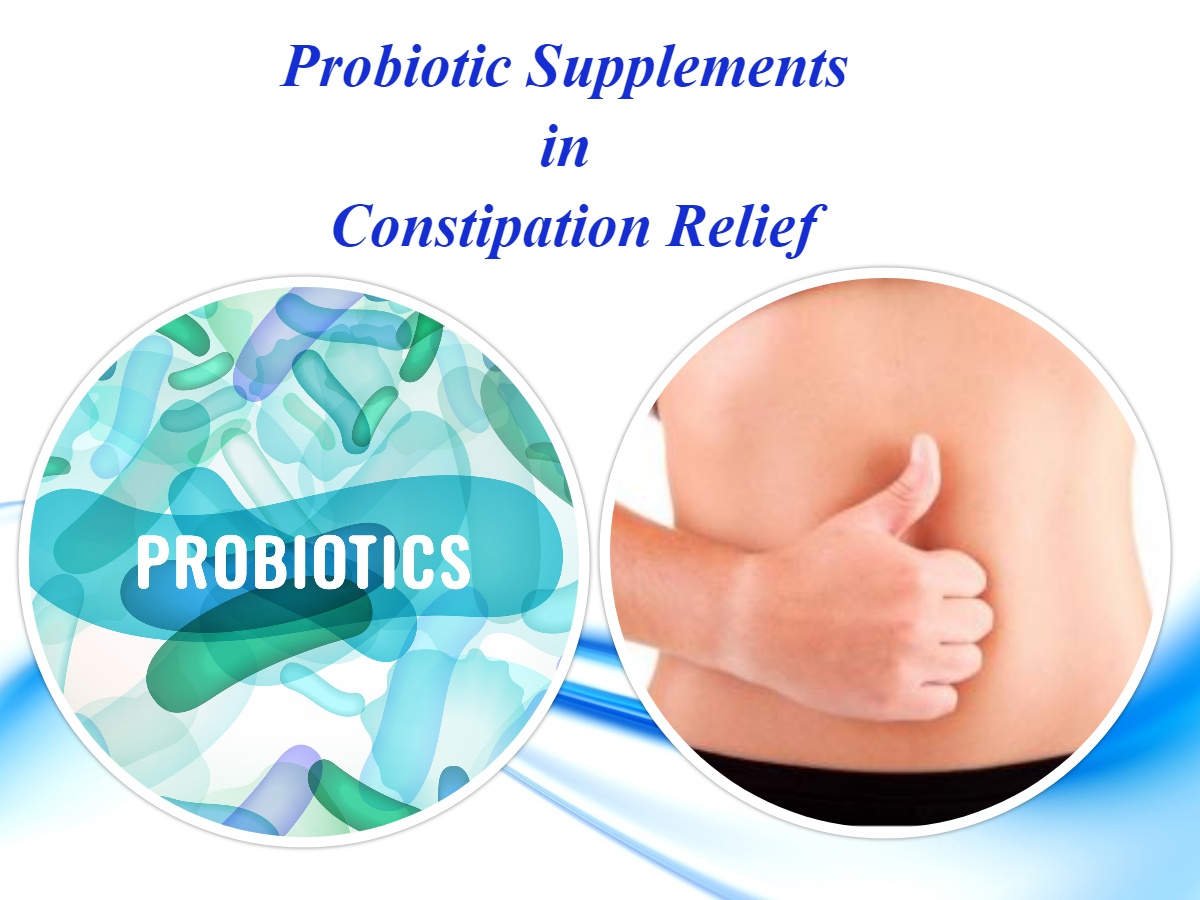Discover how probiotics can offer relief from constipation and promote digestive peace. Learn about effective strains, dietary sources, and tips for choosing the right probiotics to end your constipation struggle.
Table of Contents
Introduction to Probiotics and Digestive Health
Probiotics are often hailed as the guardians of our gut health, a crucial aspect of our overall wellbeing that impacts everything from mood to immunity. But how do these microscopic allies specifically target and alleviate constipation, a common and uncomfortable digestive issue? This article delves deep into the world of probiotics and their promising role in achieving digestive peace.
The Science Behind Probiotics
The Science Behind Probiotics
In our journey to unravel the benefits of probiotics, especially in combatting constipation, it’s essential to dive into the science that underscores their effectiveness. Probiotics, often referred to as the “good” or “friendly” bacteria, have been the subject of extensive research, revealing their pivotal role in maintaining gut health and promoting a balanced digestive system.
Understanding Probiotics
Probiotics are live microorganisms that, when administered in adequate amounts, confer a health benefit on the host. They are naturally found in the human body, especially in the gut, but can also be consumed through foods and supplements. The most common types of probiotics belong to the groups known as Lactobacillus and Bifidobacterium, each comprising various strains that offer different health benefits.
How Probiotics Work
The human gut is inhabited by trillions of bacteria, which collectively form the gut microbiota. This complex ecosystem plays a critical role in digesting food, absorbing nutrients, and even regulating the immune system. Probiotics contribute to this system by:
- Restoring Balance: The balance of gut microbiota can be disturbed by factors like antibiotics, poor diet, or illness. Probiotics help restore the balance by replenishing the gut with beneficial bacteria.
- Barrier Effect: Probiotics can enhance the intestinal barrier function, preventing harmful pathogens from entering the bloodstream.
- Immune System Modulation: They play a role in modulating the immune system, enhancing the body’s defense mechanisms.
- Production of Short-Chain Fatty Acids (SCFAs): Beneficial bacteria ferment dietary fibers to produce SCFAs, which are crucial for gut health. SCFAs help regulate water and electrolyte balance in the gut, which can alleviate constipation by improving stool consistency and promoting bowel movement.

The Connection Between Probiotics and Constipation
What Causes Constipation?
Before delving into how probiotics can help, it’s essential to understand what leads to constipation. Constipation occurs when bowel movements become less frequent, and the stool becomes difficult to pass. This can be due to a lack of fiber in the diet, dehydration, lack of physical activity, certain medications, and disturbances in the gut microbiome, among other factors.
The Role of Gut Microbiome in Digestion
The gut microbiome consists of trillions of microorganisms, including bacteria, viruses, and fungi, residing in our digestive system. These microorganisms play a vital role in our health, aiding in digestion, nutrient absorption, immune function, and even the regulation of mood. A healthy, balanced gut microbiome facilitates regular bowel movements and prevents constipation.
How Probiotics Help with Constipation
Probiotics, the beneficial bacteria found in certain foods and supplements, can help manage and prevent constipation by influencing the gut microbiome in several ways:
- Restoring Balance: Probiotics can help restore the balance of the gut microbiome, which can be disrupted by factors like antibiotics, poor dietary habits, and stress. A balanced microbiome supports healthy digestion and regular bowel movements.
- Enhancing Gut Motility: Probiotics can improve gut motility, which is the movement of the digestive system that helps process and move food through the gut. Improved gut motility can reduce the time it takes for food to pass through the system, alleviating constipation.
- Increasing Stool Moisture: Some probiotic strains help increase the moisture content of the stool, making it easier to pass. This is particularly beneficial for those who suffer from hard, dry stools, a common issue in constipation.
- Stimulating Healthy Bowel Movements: Probiotics can stimulate the nerves in the gut, encouraging healthy bowel movements. Regular stimulation of the gut nerves is essential for maintaining bowel regularity.
Evidence Supporting Probiotics for Constipation
Numerous clinical trials and studies have provided evidence supporting the use of probiotics for constipation. For example, a study published in the “American Journal of Clinical Nutrition” found that Bifidobacterium lactis significantly increased bowel movement frequency in participants with constipation. Similar positive outcomes have been observed with other strains, such as Lactobacillus reuteri and Lactobacillus plantarum, indicating that specific probiotics can be effective in managing constipation.

Types of Probiotics for Constipation
Bifidobacterium
One of the most well-researched genera in the probiotic family, Bifidobacterium, has several strains known for their positive effects on bowel regularity:
- Bifidobacterium lactis: Studies have shown that B. lactis can significantly increase bowel movement frequency and soften stools, making it easier for people suffering from constipation to pass them. It’s one of the most recommended probiotic strains for improving bowel regularity.
- Bifidobacterium longum: Another strain that has been associated with relief from constipation, B. longum helps to improve stool consistency and increase the frequency of bowel movements, contributing to a healthier digestive process.
Lactobacillus
Another key player in the probiotic world, Lactobacillus, has several strains that are effective in combating constipation:
- Lactobacillus reuteri: Known for its ability to speed up gut transit time, L. reuteri can help reduce the amount of time it takes for food to move through the gastrointestinal tract, thereby alleviating constipation.
- Lactobacillus plantarum: This strain has shown promise in improving bowel movement frequency and stool consistency, making it another valuable option for those dealing with constipation.
Choosing the Right Probiotic
When selecting a probiotic for constipation, it’s important to consider the following factors:
- Strain Specificity: Look for products that specify the strains of bacteria they contain. Different strains have different effects, so it’s crucial to choose a product that includes strains known to be effective for constipation.
- CFU Count: The colony-forming unit (CFU) count indicates the number of viable bacteria in a probiotic. Generally, higher CFU counts are believed to be more effective, but the optimal count can vary depending on the specific strain and the individual’s health needs.
- Quality and Purity: Opt for probiotics from reputable brands that ensure their products undergo rigorous testing for quality and purity. This guarantees that the probiotic contains what it claims to and is free from contaminants.
Incorporating Probiotics into Your Diet
While supplements are a convenient way to consume probiotics, they can also be found in fermented foods such as yogurt, kefir, sauerkraut, and kimchi. Including a variety of these foods in your diet can help improve gut health and alleviate constipation.

Incorporating Probiotics into Your Diet
Dietary Sources of Probiotics
The simplest way to introduce probiotics into your system is through food. Fermented foods are particularly rich in these beneficial bacteria. Here are some excellent sources:
- Yogurt: Look for yogurts that contain live and active cultures. Yogurt is not only a delicious snack but also a versatile ingredient that can be incorporated into breakfasts, smoothies, and even sauces.
- Kefir: A fermented milk drink that’s similar to a drinkable yogurt. It’s packed with probiotics and can be consumed on its own or blended into smoothies.
- Sauerkraut: Fermented cabbage that can add a probiotic punch to salads, sandwiches, and dishes. Ensure it’s unpasteurized, as pasteurization kills the beneficial bacteria.
- Kimchi: A spicy Korean side dish made from fermented vegetables. It can add flavor and probiotics to a variety of meals.
- Miso: A Japanese seasoning produced by fermenting soybeans with salt and koji. It can be used to make soups, marinades, and dressings.
- Tempeh: Fermented soybeans that form a firm patty, which can be used as a meat substitute in a variety of dishes.
Probiotic Supplements
For those who find it challenging to consume enough probiotic-rich foods or prefer a more concentrated source, probiotic supplements are an effective alternative. Here are some tips for choosing and using them:
- Read the Label: Choose supplements that specify the strains of bacteria they contain, as well as the CFU count. This information can help you select a product tailored to your digestive health needs.
- Quality Matters: Opt for supplements from reputable brands that guarantee potency through the expiration date.
- Consult Your Healthcare Provider: Especially if you have health concerns or are taking other medications. Your doctor can recommend the type and amount of probiotic that’s best for you.
Tips for Including Probiotics in Your Diet
- Start Slowly: If you’re new to probiotics, start with small amounts and gradually increase your intake to avoid temporary digestive issues, such as gas or bloating.Variety is Key: Consuming a variety of probiotic foods can introduce different strains of beneficial bacteria to your gut, optimizing your gut microbiome’s health.Combine with Prebiotics: Prebiotics are fibers that feed probiotics. Consuming them together can enhance the effectiveness of probiotics. Foods rich in prebiotics include bananas, onions, garlic, and asparagus.
Tips for Choosing the Right Probiotics
1. Identify Your Health Needs
Different probiotic strains offer various health benefits. While some may be beneficial for general digestive health, others are specifically targeted to alleviate conditions like constipation, bloating, or Irritable Bowel Syndrome (IBS). Start by defining your health goals. If constipation is your primary concern, look for strains known to improve bowel regularity, such as Bifidobacterium lactis and Lactobacillus reuteri.
2. Look for Specific Strains
Not all probiotics are created equal. The efficacy of a probiotic depends on its strain, not just the species. For example, Lactobacillus is a genus containing many species and strains, each with different effects. Always check the label for the specific strains included in the product and verify that these strains are supported by scientific research.
3. Check the Colony-Forming Units (CFU)
The potency of a probiotic is measured in Colony-Forming Units (CFU), which indicates the number of live and viable microorganisms in each dose. While higher CFU counts may seem better, the optimal count depends on the specific strain and its proven effective dose. Generally, a daily dose of 1 billion to 10 billion CFUs is considered effective for most health benefits, including improving constipation.
4. Ensure Viability Through Expiration
For probiotics to be effective, the bacteria must be alive when consumed. Some probiotics require refrigeration to maintain their viability, while others are shelf-stable. Check the packaging for storage requirements and the expiration date to ensure the bacteria will be alive at the time of consumption.5. Quality and Brand ReputationChoose probiotics from reputable brands that adhere to high manufacturing standards. Look for products that have been third-party tested for purity and potency. Certifications from organizations like the US Pharmacopeia (USP), NSF International, or ConsumerLab can provide additional assurance of the product’s quality.6. Delivery SystemThe delivery system of a probiotic—whether it’s a capsule, tablet, powder, or liquid—can affect its effectiveness. The probiotic needs to survive the acidic environment of the stomach to reach the intestines where it can exert its benefits. Some products are designed with enteric coatings or other technologies to protect the probiotics until they reach their target.
7. Prebiotics Inclusion
Prebiotics are non-digestible fibers that feed beneficial bacteria in the gut. Some probiotic supplements also contain prebiotics, making them synbiotics. These combinations can be more effective, as prebiotics help probiotics thrive in the gut.

Addressing Common Concerns and Myths About Probiotics
Myth 1: All Probiotics Are the Same
Fact: There are numerous strains of probiotics, and each has different effects on the body. For example, while Bifidobacterium and Lactobacillus strains are widely recognized for their digestive health benefits, other strains may be more effective for immune support or mental health. It’s important to choose a probiotic based on your specific health needs.
Myth 2: Probiotics Can Replace Medications
Fact: Probiotics can be beneficial in supporting overall health and may alleviate certain health conditions. However, they should not be viewed as a replacement for medications prescribed by healthcare professionals. Always consult with a healthcare provider before making any changes to your medication regimen.
Myth 3: High CFU Counts Guarantee Better Results
Fact: While a higher Colony Forming Unit (CFU) count may seem like it would offer more benefits, the effectiveness of a probiotic is more closely related to the specific strains it contains and their appropriateness for your health concerns. Some conditions may require higher CFU counts, but for general health, a lower count of the right strains can be just as effective.
Myth 4: Probiotics Are Only for Digestive Issues
Fact: Although probiotics are well-known for their benefits to digestive health, they have also been shown to have positive effects on the immune system, skin health, and even mental health through the gut-brain axis. Research is continually uncovering new ways in which probiotics can benefit overall health.
Myth 5: You Can Get Enough Probiotics From Diet Alone
Fact: While many fermented foods contain probiotics, the types and amounts can vary greatly. For those looking to address specific health issues with probiotics, supplements can provide a more consistent and quantifiable dose of specific beneficial strains.
Myth 6: Probiotics Have No Side Effects
Fact: Probiotics are generally safe for most people, but some may experience mild side effects such as bloating or gas when they first begin taking them. These symptoms usually subside as the body adjusts. Individuals with immune system problems or other health conditions should consult a healthcare provider before starting probiotics.
Myth 7: Once You Start Taking Probiotics, You Can’t Stop
Fact: Probiotics can be stopped at any time without harm. However, to continue experiencing the benefits of probiotics, such as improved digestion or immune function, consistent use is recommended. The effects of probiotics are generally temporary, lasting only as long as they are being consumed.
Conclusion
Probiotics offer a natural and effective solution for those battling with constipation, providing a ray of hope for achieving digestive peace. By understanding the role of these beneficial bacteria and incorporating them into our diets, we can take significant strides toward improving our digestive health and overall quality of life.
FAQs
- Can probiotics cure constipation permanently?
- Are there any risks associated with taking probiotics for constipation?
- How long does it take for probiotics to affect constipation?
- Can children take probiotics for constipation?
- Are all probiotics equally effective in treating constipation?









